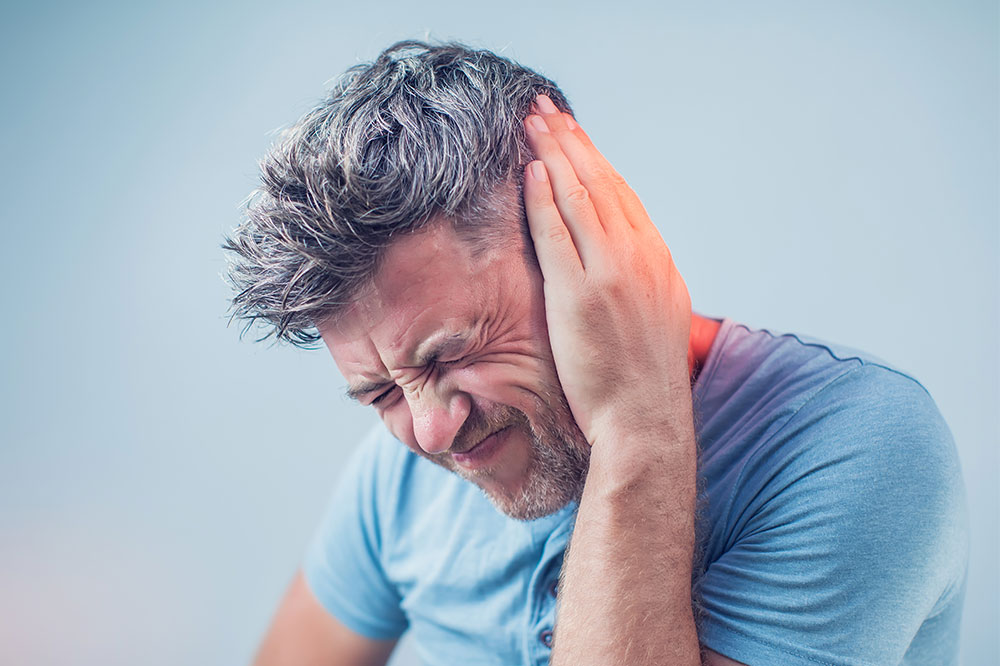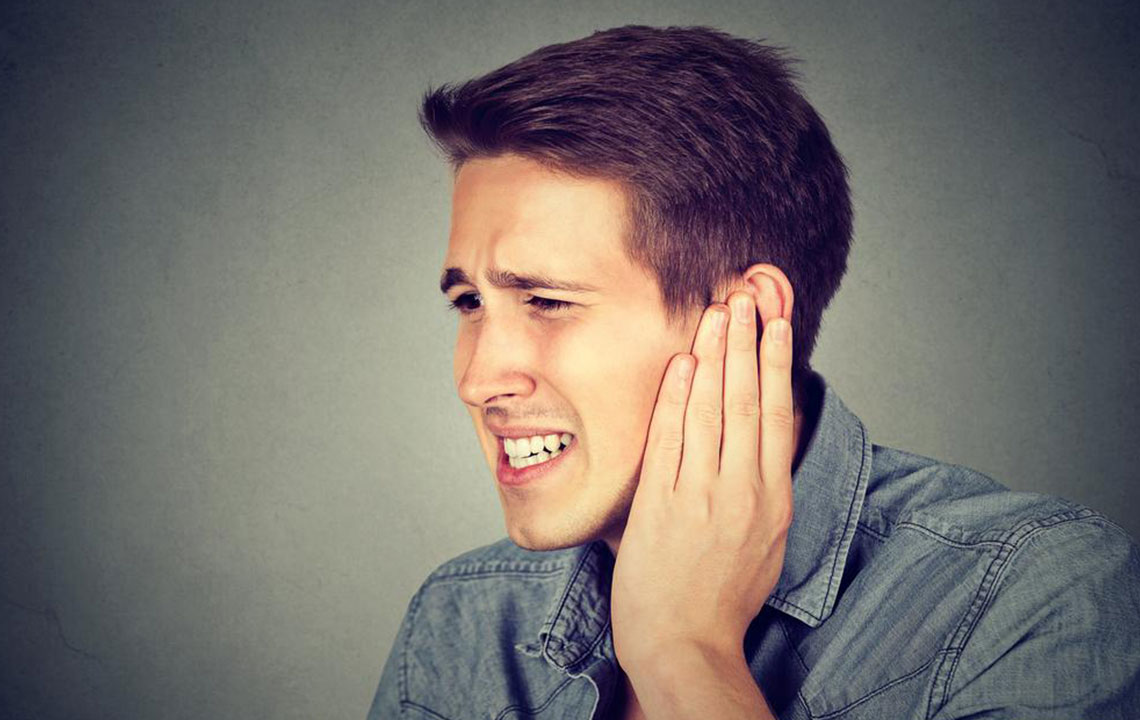Effective Strategies to Manage Tinnitus Symptoms
Discover comprehensive strategies to manage tinnitus, including medical treatments, sound therapy, and lifestyle changes. Effective for long-term relief, these approaches can help reduce the impact of persistent ringing in the ears and improve quality of life. Consult healthcare professionals for personalized care.

Located in the ear, tinnitus manifests as a persistent ringing or buzzing that can interfere with daily life. Individuals may experience various sounds such as hissing, roaring, or whistling without any external source. Usually caused by damage to inner or middle ear structures, tinnitus occurs when the ear fails to send accurate sound signals to the brain. While a cure is unavailable, combining medical treatments, sound therapy, and lifestyle adjustments can significantly alleviate symptoms for long-term relief.
Understanding and implementing effective remedies can improve quality of life for those affected. From audiological care to behavioral strategies, multiple approaches are available.
Initial Care Measures
Diagnostic tests like audiograms and imaging help identify ear damage or other underlying causes. Removing excess ear wax or treating vascular issues can reduce tinnitus intensity. Certain medications may worsen symptoms; adjusting the dosage might help manage noise perception. Consulting a healthcare provider is essential for personalized care.
Pharmacological Options
Although medications don’t cure tinnitus, they can treat associated factors like stress, anxiety, or depression. Antidepressants and anti-anxiety drugs may lessen the distress caused by ringing sounds. Always discuss potential side effects with a healthcare professional before starting any medication, and weigh short-term relief against long-term management.
Use of Auditory Devices
Hearing aids are often recommended to improve sound perception, especially if hearing loss exists, which can trigger tinnitus. Amplifying external sounds can ease the brain’s perception of ringing. Sound masking devices, including white noise machines or customized sound generators, are suitable alternatives for those without hearing loss. These devices produce calming sounds to suppress tinnitus temporarily.
Therapeutic Approaches
Behavioral therapies offer long-term relief for persistent tinnitus. Counseling sessions help patients develop coping strategies and adapt their lifestyles.
Cognitive Behavioral Therapy (CBT)
Licensed psychologists assist patients in reconditioning their thoughts about tinnitus, reducing its perceived severity through tailored coping skills. Group or individual counseling, including online options, can enhance effectiveness.
Tinnitus Retraining Therapy (TRT)
This combines sound therapy and counseling to train the brain to ignore ringing. Over time, TRT decreases dependence on treatments and improves quality of life.
Healthy Lifestyle Adjustments
Reducing caffeine, quitting smoking, and limiting alcohol consumption support better blood circulation, which may lessen tinnitus symptoms. Regular exercise, stress management, and adequate sleep are crucial. Protecting ears from loud noises and avoiding prolonged headphone use also help prevent further damage.
Stress Reduction and Mindfulness
Techniques like meditation and mindfulness-based stress reduction (MBSR) can help manage tinnitus-related distress. These practices promote relaxation and mental well-being, contributing to symptom alleviation.
While tinnitus cannot be permanently cured, adopting these strategies can significantly improve comfort and functioning. Always seek professional medical guidance for personalized treatment options.










